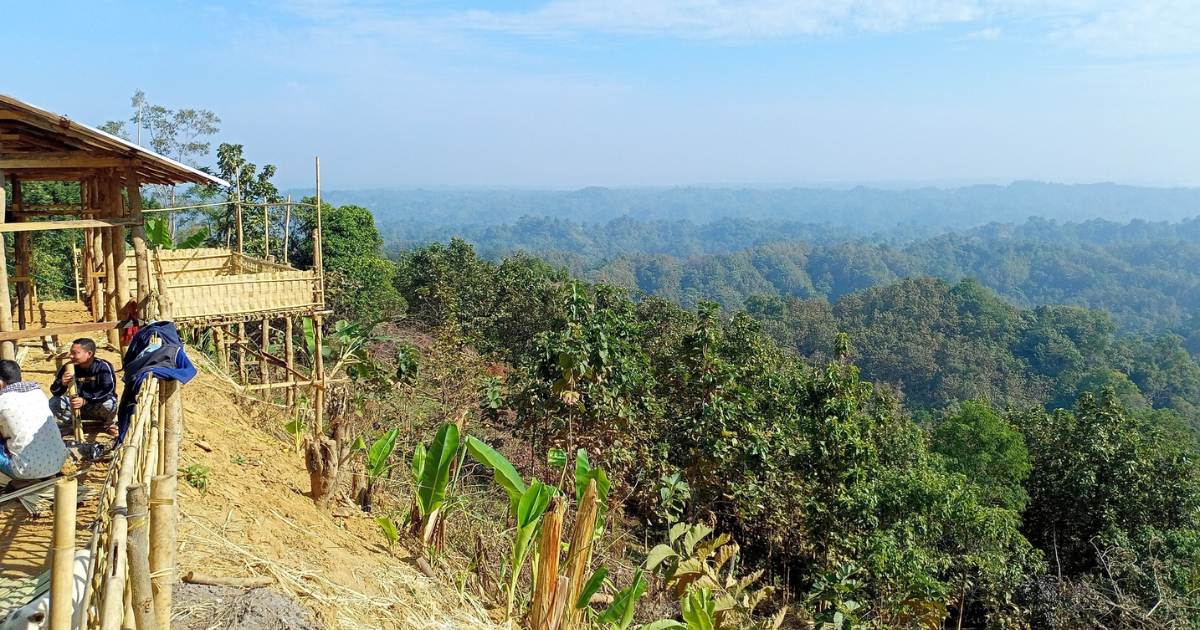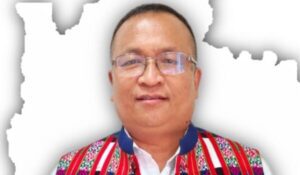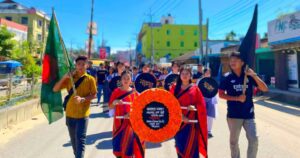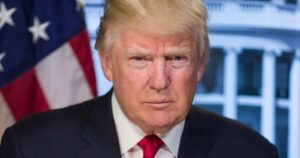Since the fall of the Sheikh Hasina Awami League, the pace of minority persecution in Bangladesh has not just increased but reached a critical point. It is true that under Hasina’s government, the targeting of minorities was limited to vandalism of temples, abduction, land grabbing, and occasional covert killings. Sadly, the current situation demands immediate attention and action.
What’s alarming is the shift in Bangladesh’s approach to minority persecution. It’s no longer a sporadic, covert act. Now, it’s a full-blown, open competition in both the hills and the plains!
Any attempt to protest in the plains is met with the filing of sedition cases, effectively silencing dissent.
But, in the hills, the response is even more shocking. It became a direct shooting without hesitation. The recent sedition cases against the Hindu priest Chinmoy Krishna Das and the deaths of Rubel and Junan Chakma in Khagrachari on September 19 due to army gunfire are glaring examples that illustrate the dire reality.

These acts are not isolated incidents but part of a pattern of systematic repression and violence that has left minority communities in Bangladesh more vulnerable than ever.
Believe it or not, this is the harsh reality of life for minorities in Bangladesh.
The minorities in Bangladesh have become extremely vulnerable. They are facing threats to their lives, property, and religious freedom. The United Nations and human rights organizations need to act urgently to provide protection and advocate for these communities.
On November 1, 2024, even former U.S. President Donald Trump posted about minority persecution from his X account.He strongly condemned the barbaric violence against Hindus, Christians, and other minorities in Bangladesh.
International awareness and intervention are critical to halt the escalating crisis and safeguard the future of these marginalized communities.
You can read about it in “The Times of Israel“ blog.
Photo Credit: Jyoti L Chakma FACEBOOK Profile







